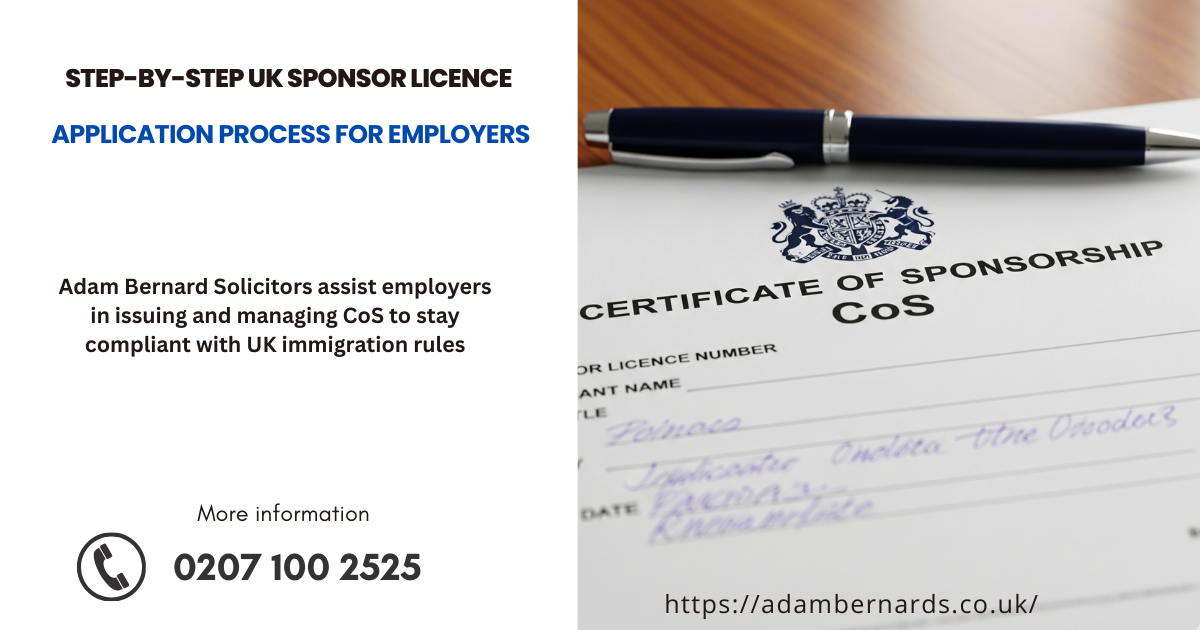The skilled worker visa route is undergoing significant changes that will impact eligibility, salary expectations, and the types of jobs that qualify. These changes will take effect on July 22, 2025, and immigration in the UK is constantly evolving. These updates are crucial for both prospective employees and UK employers.
What You Need to Know
On July 22, 2025, the UK government enacted significant revisions to the skilled worker visa. Raising salary thresholds, attracting highly qualified individuals to graduate-level roles, and reducing reliance on lower-skilled overseas labour are the primary goals. The entry bar is raised because most eligible occupations now require a Regulated Qualifications Framework (RQF) Level 6 qualification or higher. The general minimum income level has raised dramatically, and many previously qualified positions are no longer on the primary list for new candidates.
What’s Changing in the Skilled Worker Visa Route
- Increased Skill Threshold (RQF Level 6): The majority of jobs now require a graduate degree, which is the same as a bachelor’s degree, to be eligible.
- Increased Salary Thresholds: The skilled worker visa now requires a minimum yearly salary of £41,700.
- Updated Eligible Occupations: Many jobs that were previously eligible at RQF Levels 3-5 have been removed, with limited exceptions provided by a new Temporary Shortage List (TSL) and Temporary Immigration Salary List (ISL).
- Limitations on Dependents: New candidates may not be permitted to bring dependents to work on the TSL.
These changes are meant to make sure that the UK’s immigration system is focused on bringing in the best and brightest people, filling real skill gaps, and raising wages.
Actions for Employers
Employers in the UK who depend on foreign talent must comprehend and adjust to these developments.
- Examine Your Employment Approach:Consider your current and future hiring requirements. Find out if the jobs you typically sponsor still meet the new RQF Level 6 standard and the updated wage thresholds.
- Revise Salary Structures: Ensure that the pay offered for sponsored positions either meets or exceeds the new general threshold of £41,700, or the specific “going rate” for the occupation, whichever is higher. Remember that the ISL (RQF 6+) floor is £33,400.
- Check the Immigration Salary List (ISL) and Temporary Shortage List (TSL):Verify if the roles you sponsor that were previously RQF 3-5 are now on the ISL or TSL. Recognise that the TSL is a temporary solution, and that positions on it might have limitations on dependents.
- Transitional Arrangements: Acknowledge the transitional provisions for skilled worker visa holders who are currently in possession. An employee sponsored in an RQF 3-5 post before July 22, 2025, may still be able to extend their visa under specific conditions, even if the position is no longer on the primary eligible list for new applicants. However, new personnel are usually required to meet the upgraded qualifications.
- Compliance Audit:Perform an internal assessment of your sponsored personnel to ensure that all sponsorships, current and future, adhere to the amended regulations. Verifying RQF levels, compensation, and any applicable discounts (such as those for new hires or PhD holders) is part of this.
- Seek Expert Advice: Because of the complexity of these changes, professional advice is required. To guarantee complete compliance and seamless application procedures, speaking with immigration solicitors is essential.
What to Do in the Next Step: How Adam Bernard Solicitors Can Make Your Application
It can be intimidating to navigate the complexities of UK immigration law, particularly given how frequently and significantly it changes. This is where a seasoned immigration solicitor’s knowledge is extremely helpful.
Our committed staff at Adam Bernard Solicitors is knowledgeable about the intricacies of the recently implemented skilled worker visa regulations. With our all-inclusive support, your application process will go as smoothly and stress-free as possible.
Why Work with Adam Bernard Solicitors?
We are Skilled Worker Visa experts based in London, helping individuals and UK employers with:
- Skilled Worker Visa applications and extensions
- Certificate of Sponsorship (CoS) assistance
- Skilled Worker dependent visa applications
- Skilled Worker Visa salary threshold guidance
- Support for IT, care, healthcare, and finance applicants
- Sponsor Licence management for businesses in London and the UK
Our immigration lawyers provide:
- A personalised eligibility assessment
- Document preparation and legal review
- Fast and efficient application submission
- Ongoing communication with the Home Office on your behalf
Why This Matters Now
- These changes directly affect thousands of applicants every year.
- Employers must act immediately to avoid delays or refusals.
- Choosing the right immigration solicitor can be the difference between approval and rejection.
Adam Bernard Solicitors in London are here to help you meet these new immigration challenges. From IT professionals and engineers to healthcare workers and financial analysts — we support all eligible Skilled Worker applicants.
Contact us at 0207 100 2525 or visit www.adambernard.co.uk to book your consultation.















